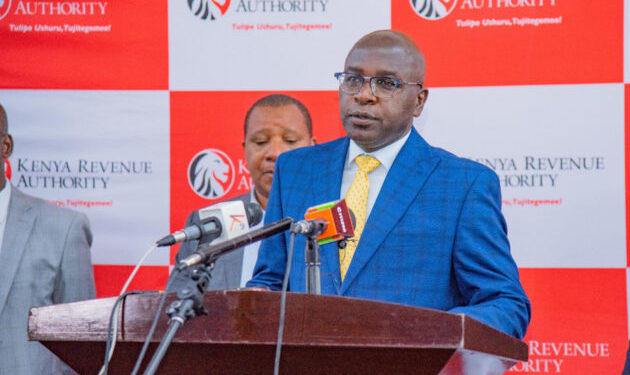The Kenya Revenue Authority (KRA) has intensified its anti-corruption measures, dismissing 19 staff members in the second quarter of the 2024/2025 financial year. This marks a sharp rise from the nine dismissals recorded in the same period the previous year, signaling a firm stance on integrity violations within the tax administration system.
KRA emphasized that its zero-tolerance approach to corruption is yielding results, with a notable reduction in staff warnings from 15 cases in Q2 of 2023/2024 to just two. At the same time, stern warnings increased from two to seven cases, highlighting stricter enforcement measures. “This renewed focus is supported by the introduction of a series of robust measures aimed at upholding integrity, ensuring accountability, and restoring public confidence,” KRA stated.
A key initiative in the fight against tax fraud is iWhistle, a web-based platform that allows the public to report corruption cases anonymously. Since its launch, the system has facilitated 246 reports, leading to the identification of tax estimates amounting to KES 4.39 billion.
To further deter malpractice, KRA has rolled out a reward scheme offering informants up to KES 5 million for successful tax recovery cases. Additionally, the agency has introduced an Integrity Award Framework to recognize staff who demonstrate ethical leadership in tax administration.
Lifestyle audits have also played a significant role in exposing illicit wealth among employees. KRA revealed that 117 staff members underwent lifestyle audits in the past quarter, reinforcing internal monitoring mechanisms. “KRA has implemented lifestyle audits, which have proven effective in identifying illicit wealth among staff,” the statement read.
As part of systemic reforms, KRA is reviewing work procedures and policies to reduce corruption opportunities, particularly within Refunds and Debt Management in the Domestic Taxes Department.
“KRA reiterates its firm commitment to ensuring a corruption-free tax administration system that promotes accountability, transparency, and public trust,” the agency concluded.












